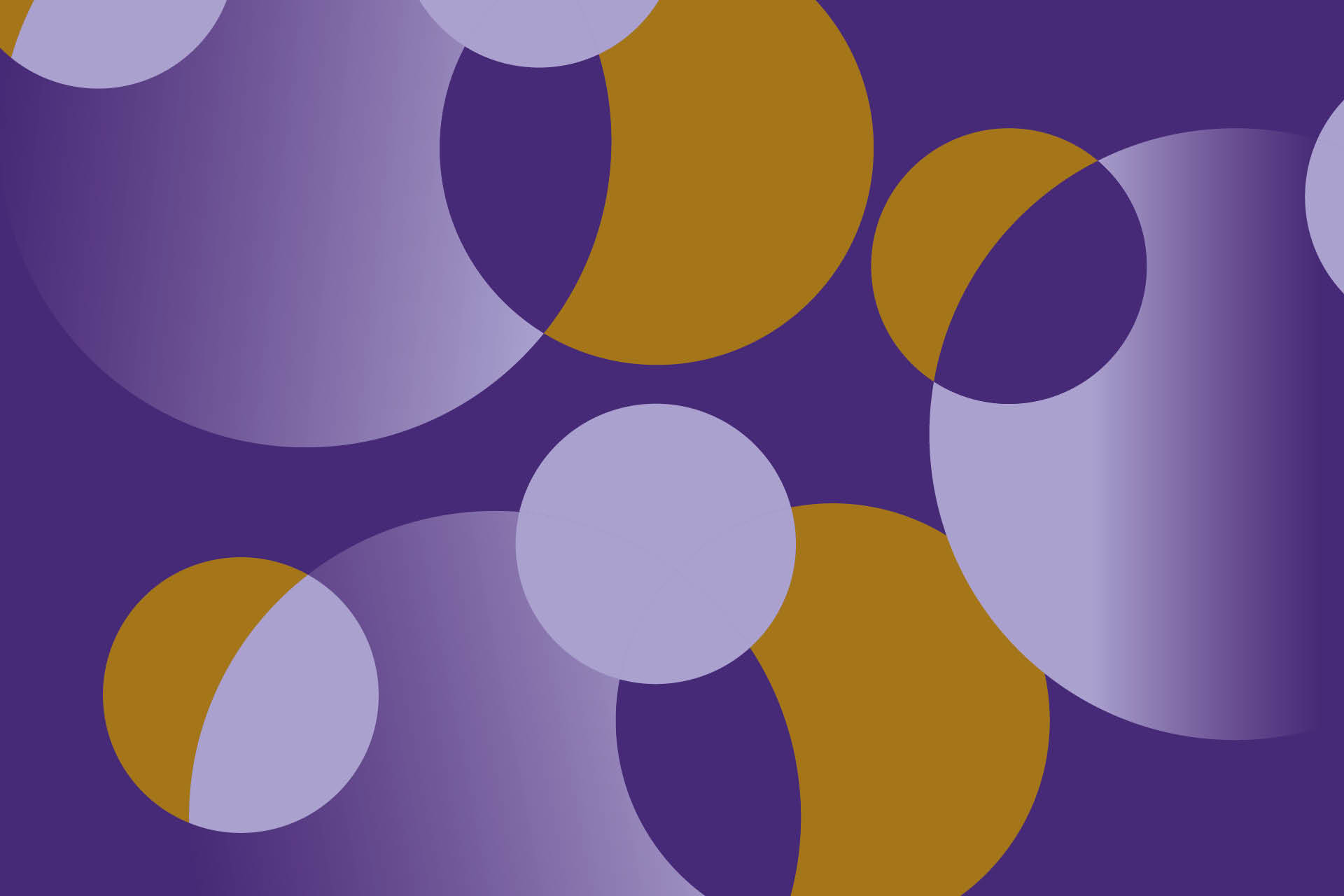Living Labs are an innovative experimentation format of transformative research that facilitates collaboration between researchers and societal actors in a real-life context. A Living Lab can be defined as an iterative learning process, operating in an institutionally or geographically lifeworld context, that adopts a co-creation or co-design approach by integrating research and innovation experiments into real-life community settings.
Living Labs serve as dynamic, user-centred environments where experimental solutions to complex societal challenges can be developed, tested, refined and evaluated in situ. This format is particularly effective in transdisciplinary research, where the integration of different perspectives and expertise and the active participation of a wide range of community and industry stakeholders, including everyday users, in the innovation and transformation process is crucial.
Historically, the concept of the Living Lab format was introduced by MIT scientists in the 1990s
Living Labs are also present in ENHANCE universities in many different forms, aiming at transdisciplinary effectiveness and sustainable development. Below are some examples of ENHANCE's experience using the Living Lab format.
The RWTH Aachen Living Labs Incubator
The Living Labs Incubator (LLI) was established as part of the fifth measure of the RWTH Aachen University's Excellence Strategy: “Collaboration in Living Labs”. The LLI's six-year plan includes mapping and analysing Living Labs activities, creating and maintaining a network of Living Labs, and enabling and promoting co-creation, participation and transdisciplinary knowledge exchange. A diverse landscape of Living Labs exists at RWTH Aachen University, in the city region and in the surrounding region of Rhineland. The LLI collects information about projects and institutions in order to support networking and the exchange of experiences. The LLI profile database currently contains 30 projects or institutions whose work represents a form of real-world laboratory. The database is constantly being expanded. For the basic idea of the LLI to work, it was first necessary to design methodologies that make each Living Lab unique, enabling collaborative innovation in a context-sensitive, situation-specific, participatory way. Second, there was a need to develop new data management methods to conduct this kind of tailored inter-methods investigation. In this way, the LLI supports interdisciplinary collaboration and transdisciplinary approaches to knowledge and value creation, which are at the core of the RWTH's goal to become an Integrated Interdisciplinary University for Science and Technology.
Living Lab platform StadtManufaktur TUB
StadtManufaktur Berlin is a central and strategic platform for TUB's living lab research. Through this platform, scientific questions, methods, tactics and data can be brought together with practical know-how and actors in order to jointly develop intelligent spatial concepts/strategies and apply relevant solutions directly in urban areas. With the help of the living labs networked in the StadtManufaktur, a new process culture, a contemporary culture of research and transformation is being developed. It integrates and emphasises the importance and essential role of co-producers and co-production. The Living Labs format opens up medium- and long-term possibilities for spatial up-scaling, evaluation and adaptation of urban transformation challenges in mixed concrete and living contexts.
The Living Labs are a transdisciplinary format (TRAFO) for generating transformation knowledge at the TUB, which is continuously developed and tested at the newly founded Office for Science and Society. The StadtManufaktur Berlin facilitates the matching of TUB scientists with partners from politics, business, culture and civil society by accompanying joint Living Labs in Berlin. It helps scientific and non-scientific initiatives to network and become visible together. This joint platform aims to generate transformative knowledge and ensure the transferability of results. It bundles experimental real-world projects for Berlin's urban transformation themes, such as:
energy and mobility transition - Experi, Sustainable mobility concept Campus Charlottenburg, New Mobility Berlin, Sustainable Accessible Innovations Laboratory (SAI-Lab)
climate resilience - GO Sustainable Berlin, Climate-Energy-Water, Social environment protection versus climate protection, Urban Space +
transformation knowledge - Citizens create climate knowledge, Generating Common Grounds on the Move, Experience. Campus
circular economy - MY-CO PLACE, House of Materialization, ROOF WATER-FARM.
UPV Living Lab
The UPV Living Lab is an on-campus laboratory created with the aim of accelerating the path towards carbon neutrality at the Universitat Politècnica de València (UPV) and the city. The aim of the UPV is to become the first Spanish university to achieve carbon neutrality, using all the knowledge and innovation it produces and working hand in hand with all members of its community. In this way, the UPV is contributing to the València 2030 Climate Mission by helping to raise awareness of the context that drives the response in its sphere of influence, by training all its students in the subject, preparing itself and helping companies and public administrations in its environment to do so, and by working to develop the new knowledge and technologies that this requires. In addition, the UPV aims to develop its training and research activities while optimising the available resources, preserving our natural environment and ensuring a minimum impact on the environment.
The UPV Living Lab makes it possible to carry out innovative projects and experiments on the Vera campus, which can then be replicated in Valencia's neighbourhoods. To this end, it relies on existing tools such as teaching content, internships, bachelor's (TFG) and master's (TFM) thesis programmes, mobility programmes, spaces for debate and reflection, etc., while developing new tools focused on the needs identified together with the university community and the city. It is the seed for the development of strategic projects in innovation and research with the city of Valencia.
In conclusion, it is clear that Living Labs are a crucial format for the development and dissemination of transdisciplinarity. In addition, it can be seen that this format needs some new support methods and tools. This kind of support is presented by ENHANCE universities and will continue to develop in the future.
ENHANCE materials
Discussion, comparison and analysis of transdisciplinary approaches in ENHANCE partner universities by Kathrin Wieck
Catalogue of joint advisory for supporting transdisciplinary research by Sarah Fowkes and Kathrin Wieck

